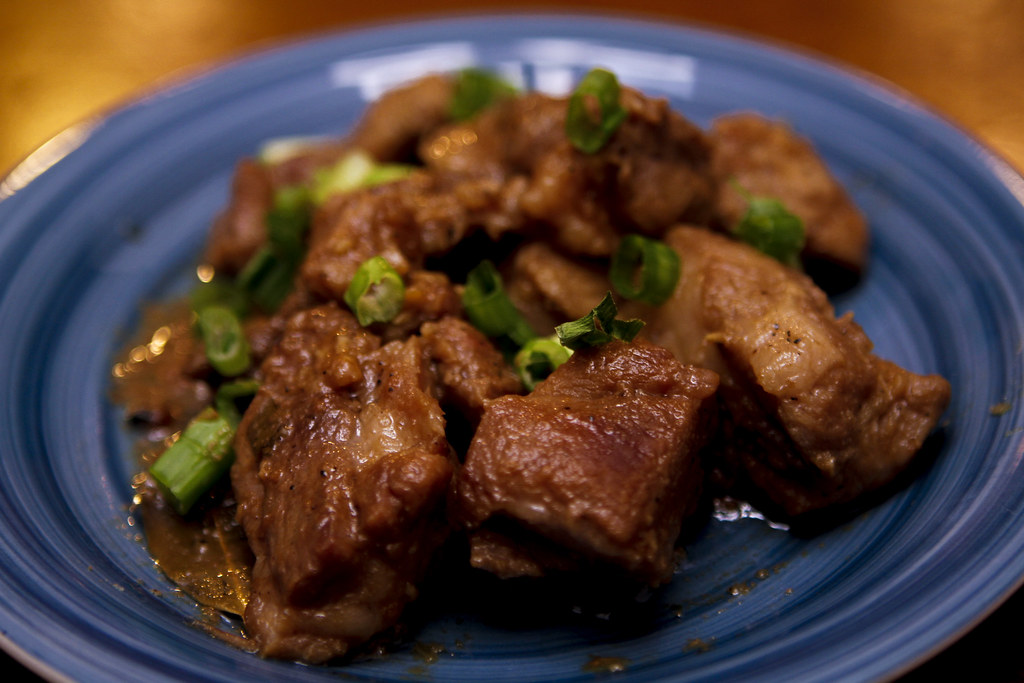Few dishes capture the essence of a nation’s culinary identity as wholly as pork adobo does for the Philippines. Braised slowly in vinegar, soy sauce, garlic and spices, this hearty stew has long been a staple of Filipino homes – comforting, adaptable, and rich with history. Yet like the islands themselves, adobo is layered and complex.
The name adobo comes from the Spanish word adobar, meaning to marinate or season. When Spanish colonisers arrived in the Philippines in the 16th century, they encountered native cooking techniques that involved stewing meat in vinegar and salt – methods developed not for taste alone but to preserve food in the tropical climate. Recognising similarities to their own Iberian marinades, they dubbed the dish adobo, giving it a name that stuck, even as the preparation remained largely indigenous. Over time, salt was replaced by soy sauce, introduced by Chinese traders, layering another influence into the pot.
Though pork is perhaps the most beloved version today, adobo is not bound to a single meat or method. It is less a rigid recipe than a philosophy of flavour – flexible enough to accommodate chicken, seafood, tofu or vegetables, and tolerant of regional nuances. In the Bicol region, coconut milk is added for a creamy richness; in Cavite, mashed liver might thicken the sauce; while elsewhere, annatto seeds or turmeric lend colour and earthiness.
At its heart, pork adobo balances bold contrasts – salty and sour, pungent and mellow – which deepen over time. It is famously better the next day, when the meat has further absorbed the garlicky, vinegary braise. This quality has made it a practical and cherished dish for overseas Filipinos, who carry it across continents as a taste of home. In many households, it is the first recipe taught to children, the flavour of family dinners and Sunday gatherings.
Though rooted firmly in Filipino culture, adobo has also become a quiet ambassador abroad. It appears on the menus of modern Asian bistros and Filipino cafés in cities from London to Los Angeles. In Cyprus, where pork is plentiful and vinegar-based marinades are not unfamiliar, adobo has been embraced by members of the Filipino community and their friends – often cooked with a touch of local wine vinegar or served alongside village bread. It is a dish that requires no special occasion, only a little time and patience.






Click here to change your cookie preferences